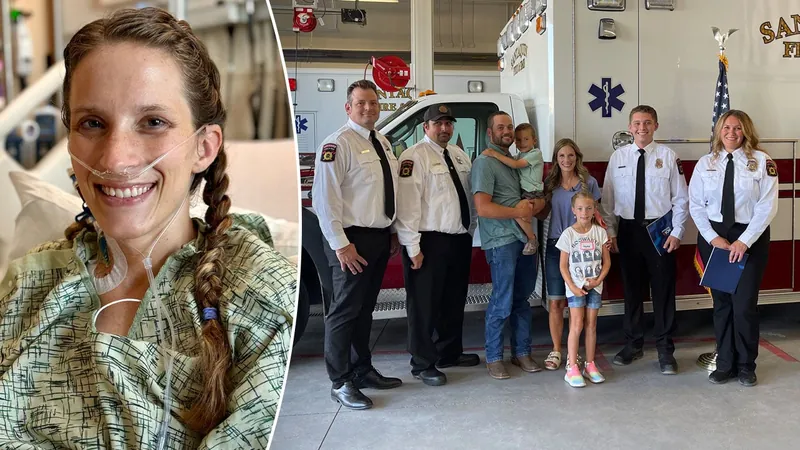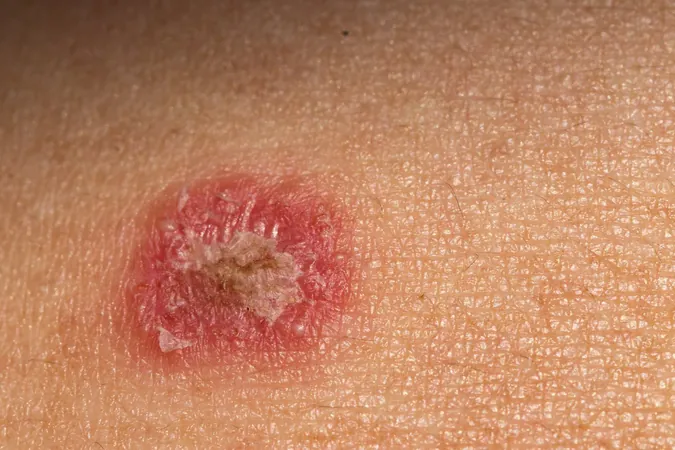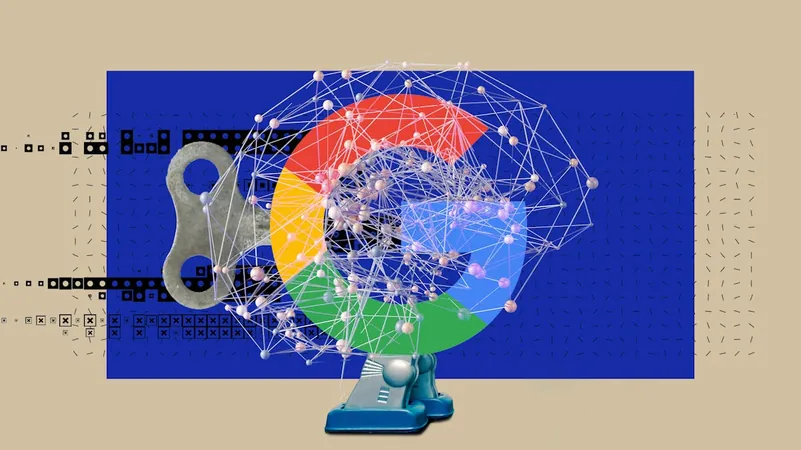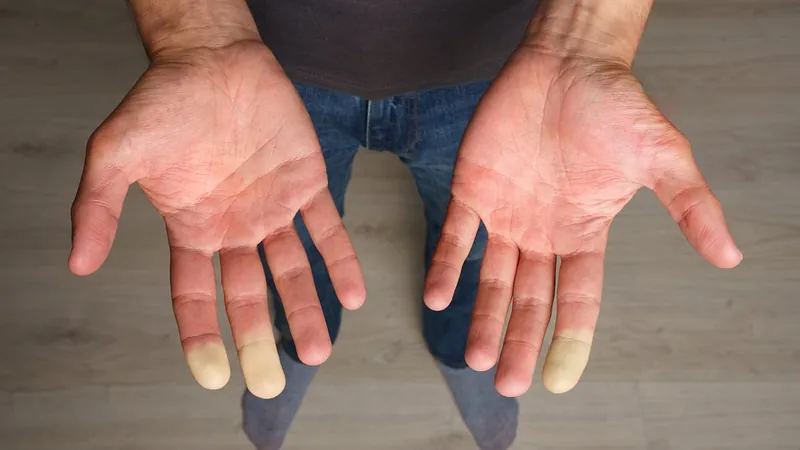
Utah Mom's Heart Attack on Treadmill: A Shocking Warning About Listening to Your Body
2024-09-19
Author: Ken Lee
In a terrifying incident last May, Justine Carter, a 33-year-old mother from Utah, learned the importance of listening to her body the hard way. What started as a simple 12-minute walk on her treadmill for an energy boost escalated into a life-threatening emergency.
Despite being fit and seemingly healthy, Carter began experiencing alarming symptoms—shortness of breath, severe back pain that radiated to her chest, and violent vomiting. Initially attributing her distress to a severe stomach flu, she contacted both her husband and mother-in-law. However, she later had no recollection of the conversations that followed.
When her family found her in the bathroom, she was in distress, exhibiting signs of a seizure and struggling with her breathing. They acted quickly, and her mother-in-law, Teresa—who works as a nurse—administered CPR until emergency services arrived. For an agonizing 25 minutes, Carter’s heart had stopped beating.
The Shocking Diagnosis
Once in the hospital, doctors revealed the shocking truth: Carter had suffered a spontaneous coronary artery dissection (SCAD). This rare condition, which typically affects healthy women in their 40s and 50s, involves a tear in the coronary artery wall that can lead to a heart attack. Despite having no prior symptoms or risk factors, Carter's experience illustrated the unpredictability of heart health.
According to Dr. Mark Bair, the medical director at HCA Healthcare's Mountain View Hospital, SCAD is linked to factors such as extreme physical and emotional stress, and possibly genetic predispositions. Carter had been feeling fatigued due to the overcast winter weather, but had dismissed her feelings as temporary.
A Second Life-Threatening Event
Just days after returning home from her first hospitalization, Carter experienced another cardiac event that sent her back to the emergency room. Doctors noted a significant worsening of her condition—her aortic tear had elongated, causing additional blockages. Thankfully, medical professionals acted swiftly, utilizing advanced techniques to restore blood flow and stabilize her condition.
Road to Recovery
Fortunately, Carter's recovery has been remarkable. With the right care and preventive measures, she is regaining her strength and hopes to resume her favorite activities like running and hiking soon. She now visits her cardiologist every three months to monitor her heart health.
Outside of the clinical aspects, Carter’s experience has shifted her perspective on life. She emphasizes the importance of self-care and urges others to listen when their bodies signal distress. "If something feels ‘off,’ don’t hesitate to call for help," she advises.
Critical Lessons Learned
Carter's heart attack has imparted invaluable lessons not only for her but for women everywhere. Here are her top takeaways:
1. **Prioritize Your Health**: Women often juggle multiple roles, putting others’ needs before their own. Carter stresses observing and addressing one's health without hesitation.
2. **Learn CPR**: Knowing CPR can be a lifesaver. As underscored by Teresa, even non-medical individuals can make a real difference during emergencies.
3. **Don’t Let Fear Control You**: Despite the unpredictability of heart attacks, Carter is committed to leading a fulfilling life without being paralyzed by fear.
In light of Carter's story, her message rings clear: heart health is crucial, and proactive measures can save lives. She expresses deep gratitude to the healthcare team that helped her survive, affirming that she’s here today because of their swift actions.
As awareness about SCAD grows, it serves as a potent reminder for everyone, especially women, that it's vital to listen to their bodies and advocate for their health.



 Brasil (PT)
Brasil (PT)
 Canada (EN)
Canada (EN)
 Chile (ES)
Chile (ES)
 España (ES)
España (ES)
 France (FR)
France (FR)
 Hong Kong (EN)
Hong Kong (EN)
 Italia (IT)
Italia (IT)
 日本 (JA)
日本 (JA)
 Magyarország (HU)
Magyarország (HU)
 Norge (NO)
Norge (NO)
 Polska (PL)
Polska (PL)
 Schweiz (DE)
Schweiz (DE)
 Singapore (EN)
Singapore (EN)
 Sverige (SV)
Sverige (SV)
 Suomi (FI)
Suomi (FI)
 Türkiye (TR)
Türkiye (TR)